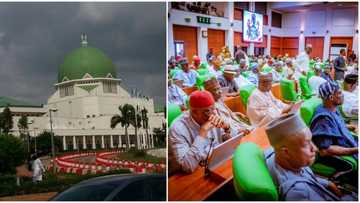Financial Analysts X-ray Tinubu’s Deft Economic Moves 30 Days After
- Financial analysts have been divided over Tinubu’s economic reforms since he became Nigeria’s President
- While some say the moves were bold and boosted Nigeria’s economy, others say they impoverished the poor
- Tinubu’s bold actions have elicited applause mainly from foreign investors who say the reforms are reassuring
Despite the mixed reactions that trailed the election of Bola Tinubu as Nigeria’s new President, many economic analysts have commended the bold decisions of Nigeria’s new leader.
Tinubu hit the ground running with the announcement that the Subsidy has been removed, triggering a massive surge in the prices of Premium Motor Spirit, also known as petrol.
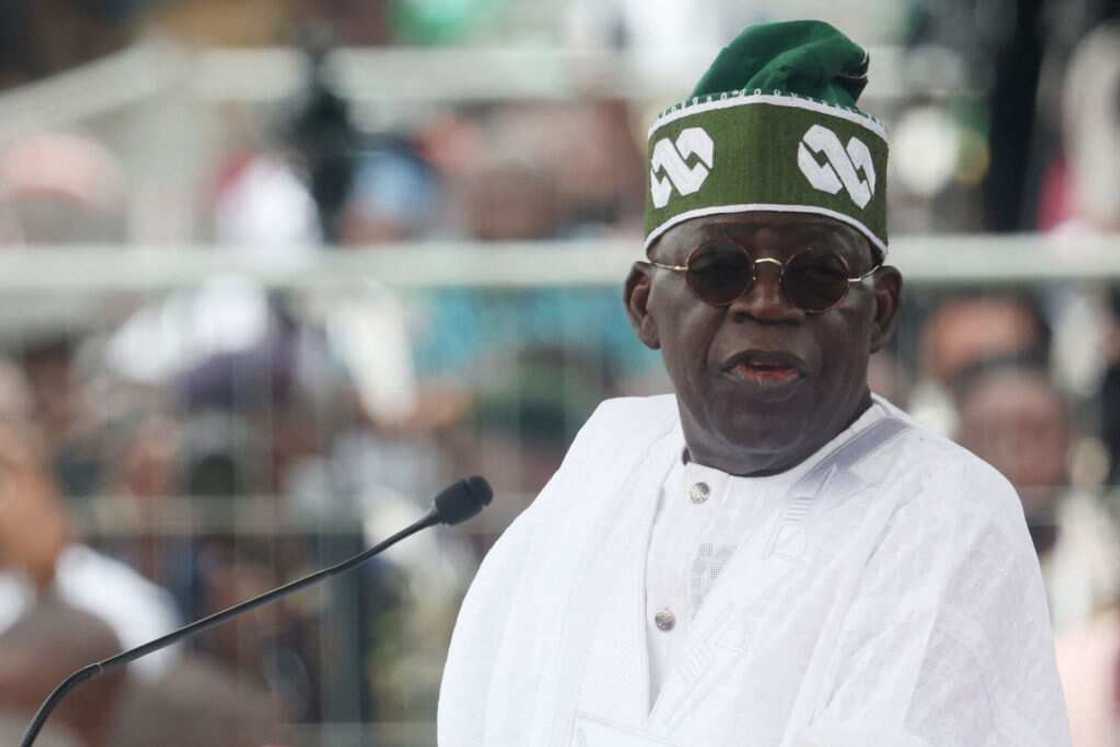
Source: Getty Images
Mixed reactions trails economic decisions
The subsidy removal caused a jump in petrol prices across the country, with the attendant consequence of inflation, which the National Bureau of Statistics (NBS) says now stands at over 22%, a 17-year high.
PAY ATTENTION: Share your outstanding story with our editors! Please reach us through info@corp.legit.ng!
Tinubu’s economic reforms drew mixed reactions but were mostly hailed when he announced the suspension of Godwin Emefiele, CBN Governor.
Foreign exchange reforms
Riding on the commendations, the President had also suspended the Governor Central Bank of Nigeria (CBN), Godwin Emefiele, on June 9, 10 days after he assumed office.
He appointed the deputy governor, Operations Directorate of CBN Folashodun Shonubi, to act as governor.
With Emefiele out of the way, the CBN, under the apparent direction of the President who had also appointed Wale Edun, a seasoned financial expert with extensive experience in the banking sector, as his Special Adviser on Monetary Policy had on 14 June abolished the multiple Foreign Exchange (FX) markets.
In a statement by Angela Sere-Ejembi, its director, Financial Markets, the apex bank said all FX market segments were collapsing into the Investors and Exporters (I&E) window. The announcement fulfilled the promise by the President to unify the exchange rates and sanitize the forex market as he promised in his inauguration speech.
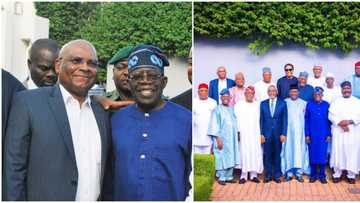
Read also
“The palliative is coming": President Tinubu meets with Class of ‘99 Governors, makes fresh promise
With the development, buyers and sellers of foreign currency in the official FX market were now allowed to quote rates they found comfortable against previous practices where the CBN dictated rates.
The result implied a 21% depreciation in the value of the naira in the I&E exchange rate window, with the value slipping above N755 to the dollar shortly after from the previous rate of N463 to the dollar.
The gains of the falling naira value
Analysts said the move would reduce the difference between the naira to the dollar exchange rate at the parallel and official markets, thereby ending arbitrage and rent-seeking.
Muda Yusuf, Director of the Centre for the Promotion of Private Enterprise (CPPE), explained that with the move to unify the exchange rate, a depreciation of the currency should be expected in the official window in the short term.
According to him, demand for foreign exchange driven by arbitrage, rent seekers, speculators, and other economic parasites would also fizzle out, thus restoring stability to the forex market. “It would be dynamic, and the Naira will appreciate or depreciate depending on the fundamentals,” he said.
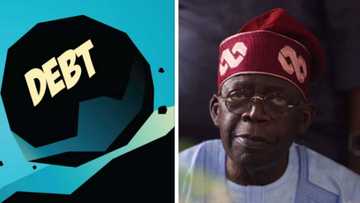
Read also
Analyst says CBN’s "Ways and Means" loans will push Nigeria's public debt above N70 Trillion
The move to end fuel subsidies and unify the exchange rate as precursors to the revival of the Nigerian economy, in addition to some of the appointments made by the President in just over four weeks in office, has earned his government commendations.
For one, analysts said the N4.2 trillion capital gain recorded in the capital market in recent weeks was confirmation that Tinubu’s reforms are being positively received by stakeholders in the Nigerian economy.
“The big economic decisions taken by this government are significant and are being noticed around the world: the removal of subsidy; the exchange rate reform, all of that create a much better investment environment,” the British High Commissioner to Nigeria, Richard Montgomery told journalists after a meeting with Vice President Kashim Shettima.
The envoy added that Nigeria was becoming a “big opportunity.” The International Monetary Fund, IMF has also declared support for the measures.
Also, former President of the World Bank, David Malpass, commended Tinubu for “taking concrete steps to scrap Nigeria’s harmful government subsidies and multiple exchange rates.”
According to him, the steps taken by the President so far are necessary to achieve currency stability, lower inflation, and reduce corruption in the country.
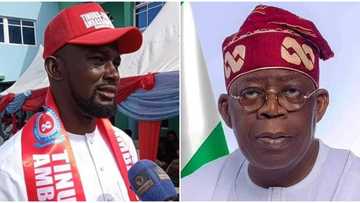
Read also
APC chieftain rates President Tinubu's performance, reveals when ministerial list will be released
Increase in inflation poverty Rates
However, there are concerns that the rash reforms will make life more difficult for Nigerians. The devaluation of the naira, just like the removal of fuel subsidies, analysts say will increase inflation and poverty rates in the country if the government does not introduce appropriate measures to stem their effects.
Chijioke Ekechukwu, Managing Director of Dignity Finance and Investment Ltd, said while the unification of the exchange rate and floating of the foreign currency market has come as a welcome development, they may “affect the cost and prices of imported products, including petroleum products. It may increase hardships and retain a high inflation rate.
True to this fear, there were speculations that the price of petrol may spike further to reflect the current value of the naira to the dollar since the product is mainly imported.
While Nigerians are bearing the brunt of inflation due to the policies introduced by Tinubu’s government in its first month in office, the concern is that the people are being made to bear the brunt of the guidelines. At the same time, political officeholders are not ready to make sacrifices.

Read also
Davido's Anita Brown, 7 other notable events that rocked Nigerian entertainment industry in first half of 2023
“We know Nigeria has been under monetary and policy pressure, but the people are the easiest target.
“Nigerians are asking what the government brought to the table. The only commodity being subsidized for the people is taken away,” said the President of the Trade Union Congress, TUC, of Nigeria, Comrade Festus Osifo.
CBN unifies the exchange rates as naira falls in official market to N775 per dollar
Legit.ng reported that the Central Bank of Nigeria (CBN) had announced changes in the foreign exchange market.
According to a statement by the apex bank on Wednesday, June 14, 2023, all forex transactions shall now be done through the Investors and Exporters (I&E) window, thereby abolishing the country's parallel and other forex markets.
The CBN also made a raft of changes in the operation of the forex market and trading in Nigeria, and the bank's Director of Financial Markets, Angela Sere-Ejembi, signed the statement.
Source: Legit.ng


